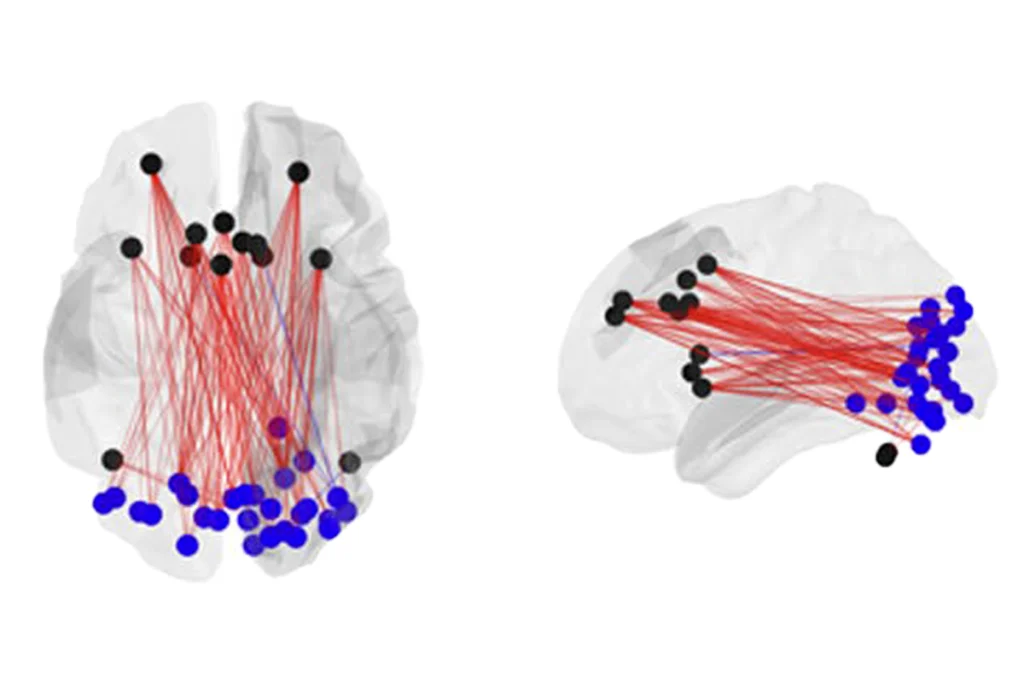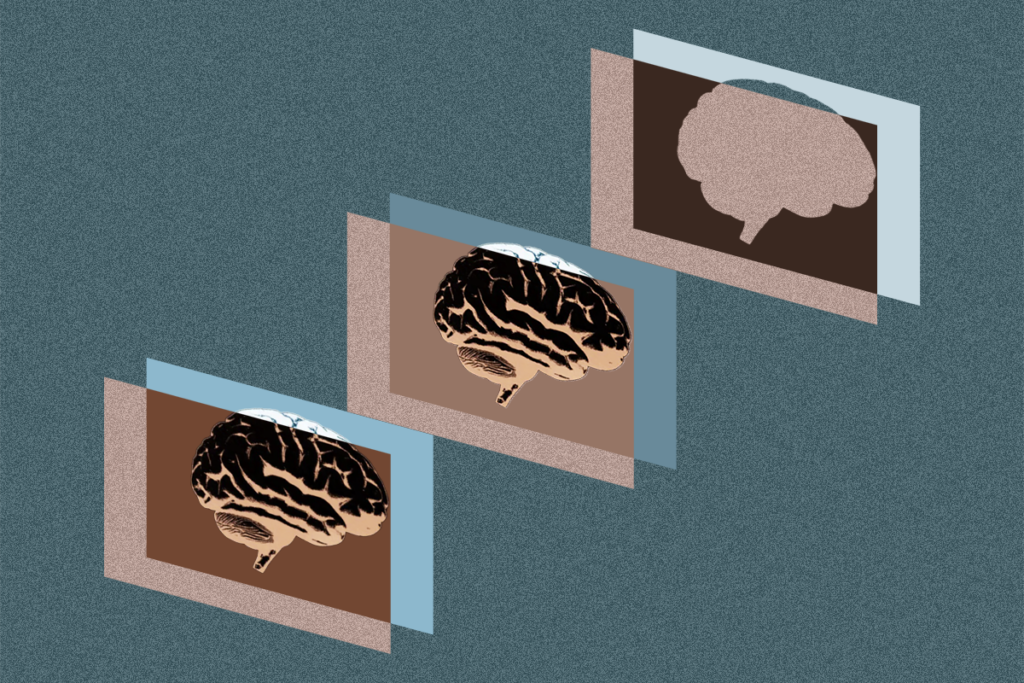
Many adults with autism also have depression
Nearly half of adults with autism will experience clinical depression in their lifetime, according to a new study.
Nearly half of adults with autism will experience clinical depression in their lifetime, according to our new research published in the Journal of Abnormal Child Psychology.
Depression can have devastating consequences for individuals with autism, including a loss of previously learned skills, greater difficulty carrying out everyday tasks, and at worst, suicide. People with autism should be regularly screened for depression so that they can access appropriate treatment.
Autism is a condition that involves difficulties with social interactions and restricted and repetitive patterns of behavior. Autism also raises risk for severe mental illness.
Until now, researchers and clinicians did not know how many individuals with autism were affected by depression.
Our study, which involved a systematic review of nearly 8,000 research articles, reveals clear evidence that depression is highly prevalent in both children and adults with autism. It also reveals that depression is more common in individuals with autism who have higher intelligence.
Difficult diagnosis:
Clinical depression is defined in the “Diagnostic and Statistical Manual of Mental Disorders” by a longstanding pattern of negative mood.
Additional features include loss of interest in activities, physiological changes (e.g., sleep, appetite or energy disturbance), cognitive changes (e.g., feelings of worthlessness, difficulties with attention) and suicidal thoughts or actions.
In the general population, clinical depression is the leading cause of disability worldwide.
Depression in autism is defined by these same criteria, but the symptoms can be challenging to detect.
Individuals with autism often have trouble identifying and communicating their feelings. Clinicians may have to rely on observed behavior changes or the reports of others close to the individual to make a diagnosis.
Clinicians also have to be particularly careful that they do not confuse the features of depression with those of autism. For example, people with autism and people with depression have difficulties with social relationships.
The key difference between these groups is why they experience these problems. People with autism often lack the social skills necessary to engage with others. By contrast, people with depression often withdraw from others because they lose the ability to find pleasure in their social interactions.
Intelligence and depression:
We found that the highest rates of depression are seen in individuals with autism who have above-average intelligence quotients (IQs).
This finding is in contrast to the general population, where lower intelligence is associated with higher rates of depression.
Although this study did not look into why higher intelligence is associated with higher depression rates in autism, we can make some guesses.
It could be that individuals with autism who have above-average IQs are more aware of the social difficulties associated with their autism diagnosis, and this awareness leads to higher rates of depression.
On the other hand, it could be that individuals with below-average IQs have difficulties communicating their symptoms, making it difficult to diagnose depression in this subgroup.
Methods matter:
We also learned that how studies assess depression influences the rates of depression. Rates are highest among studies that used standardized structured interviews to assess depression, compared with studies that used less formal assessment methods.
It is possible that structured interviews may be picking up on features that other assessment methods are missing. At the same time, structured interviews may bias the prevalence of depression because these interviews were not designed for people with autism.
Depression is also more common when clinicians ask the person with autism directly about their symptoms, rather than asking a caregiver.
It is possible that individuals with autism are experiencing depressive symptoms that their caregivers are missing. It is also possible that studies used a caregiver when participants were not able to report on their own symptoms (for example, because of low IQ).
Depression is more widespread in people with autism than we previously thought.
This important research will hopefully prompt clinicians to include an assessment of depression in their routine clinical practice with people who have autism. This assessment will ensure that people with autism are receiving appropriate treatment.
This article was originally published on The Conversation. It has been slightly modified to reflect Spectrum‘s style.
Recommended reading

How pragmatism and passion drive Fred Volkmar—even after retirement

Altered translation in SYNGAP1-deficient mice; and more

CDC autism prevalence numbers warrant attention—but not in the way RFK Jr. proposes
Explore more from The Transmitter
